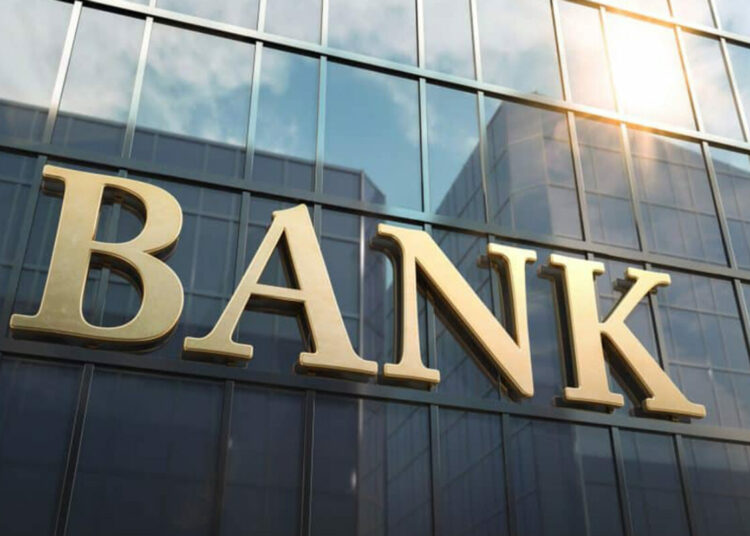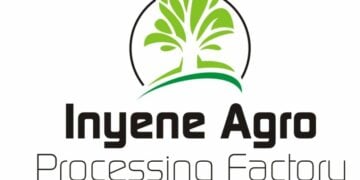Nigerian banks face upcoming Eurobond obligations totalling approximately $2.35 billion, which are due by the end of 2026.
The maturity or callable date for the Eurobonds issued by five Nigerian banks range between Q4 2025 and Q4 2026, BusinessDay reports.
The $350 million Senior Unsecured Eurobond by First Bank of Nigeria will be the first to mature in October 2025. The bond, which was issued in 2020, was the first Eurobond issued by a Nigerian bank since 2017.
It will be followed by Ecobank Nigeria’s $300 million Senior Unsecured facility, which will mature in February 2026. Ahead of the maturity, the bank made a tender offer to buy back $150 million of the facility from bondholders. This move is expected to help the bank reduce its interest expenses.
Ecobank Nigeria is also seeking consent from holders of its outstanding Eurobond to permanently remove the capital adequacy covenant on the remaining notes, offering an early consent fee of $2.50 for every $1,000 of principal as an incentive. The covenant, which sets minimum capital requirements for the bank, had previously been waived until September 30, 2025.
As a result of the sharp devaluation of the naira in the first half of 2024, Ecobank Nigeria’s capital adequacy ratio fell below the 10 per cent threshold as of June 30, 2024. Hence, in August 2024, the bank sought and secured approval from bondholders to temporarily suspend enforcement of the capital adequacy covenant.
Access Bank’s $500 million Senior Unsecured Eurobond with a 6.125 per cent coupon rate will also mature in September 2026.
Then another $500 million Eurobond raised as Additional Tier 1 capital by Access Bank will mature in October 2026. The additional Tier-1 capital has a coupon rate of 9.125 per cent.
Essentially, Access Bank would have to make a $1 billion principal payment on both its Eurobonds.
Fidelity Bank’s $400 million Senior Unsecured Eurobond with a coupon rate of 7.625 percent would also mature by October 2026. Then, UBA’s $300 million Senior Unsecured facility, with a coupon rate of 6.75 percent would mature in November 2026.
According to the Renaissance Capital and Fitch Ratings Outlook for Nigerian Banks, Nigerian banks have a net foreign asset of $7.7 billion. With $2.35 billion to be resettled, the report notes that the banks can settle their maturing debts without refinancing.
However, the maturing Eurobond obligations, combined with rising forbearance exposures and the CBN’s ongoing banking recapitalisation push, are mounting significant pressure on the capital structure of Nigerian banks. As they navigate elevated local funding costs, lenders face multiple balance sheet challenges. These include redeeming or refinancing billions in external debt, complying with stricter capital adequacy benchmarks, and absorbing the impact of regulatory forbearance unwinds.
This convergence of risks threatens to compress capital buffers and limit dividend payouts. Credit growth could also be constrained unless banks raise fresh equity or secure more stable foreign funding sources.





